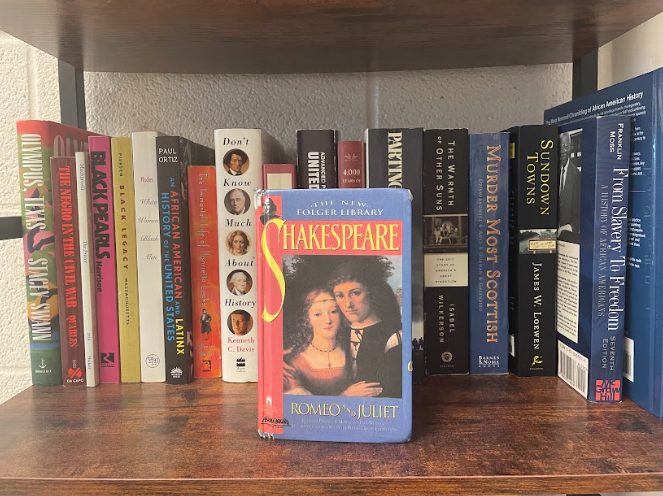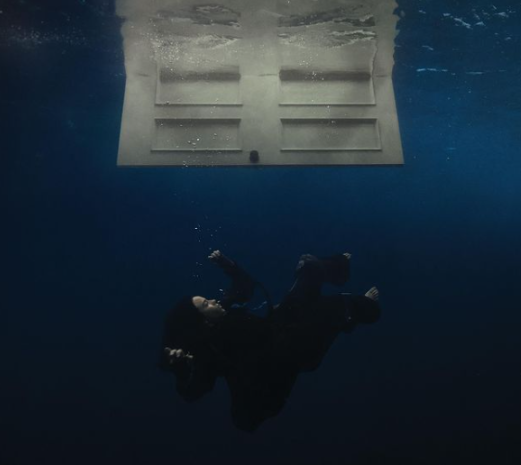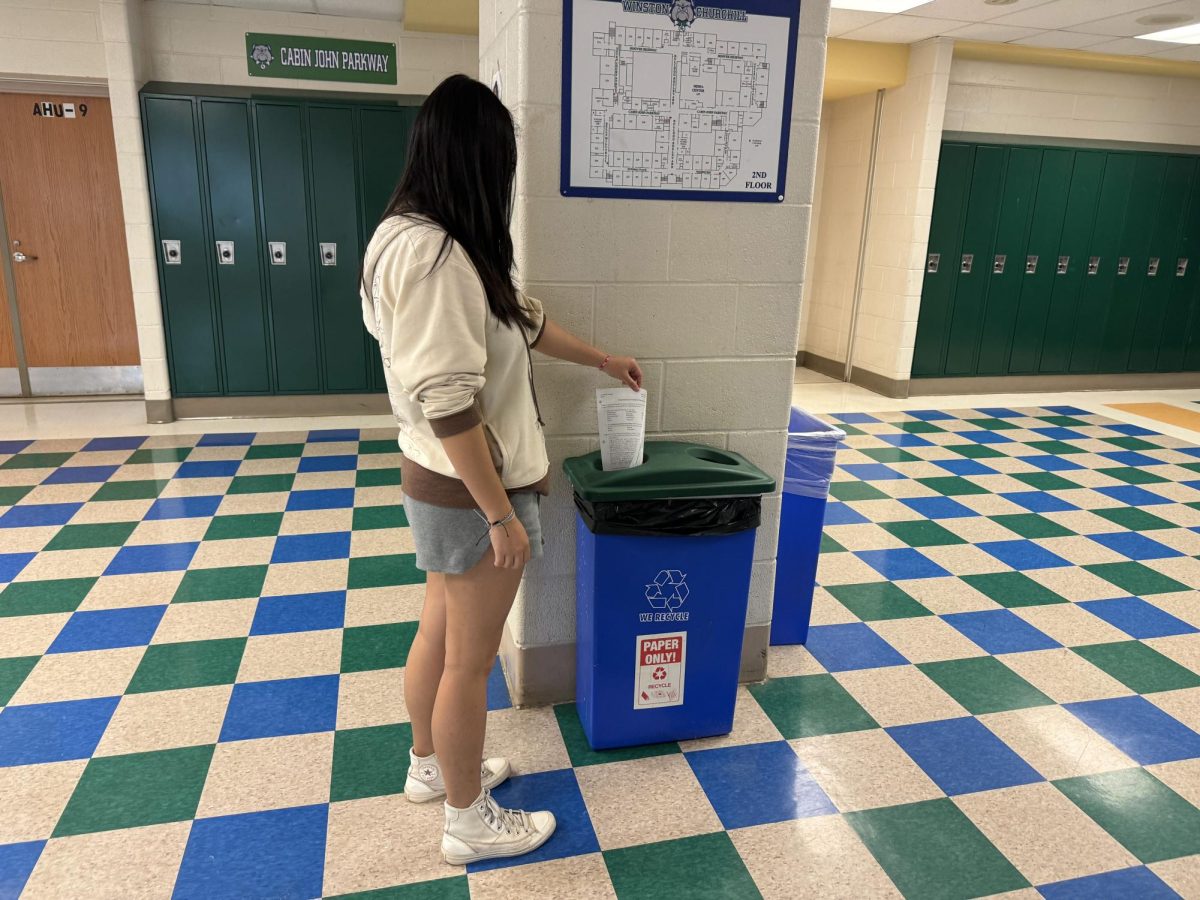There is nothing like threatening to take away Facebook to get teenagers involved in politics.
The Preventing Real Online Threats to Economic Creativity and Theft of Intellectual Property Act (PROTECT-IP), which is currently pending in Congress, would make it easier for the government to remove copyrighted material from the Internet. Under the bill, the Justice Department would be permitted to sue the owners of websites that contain copyrighted material and block such websites’ use of that material.
“Sites like Facebook, Twitter, YouTube and Tumblr have fundamentally changed how Americans interact with each other in spectacular ways,” said Douglas Shatz, social media assistant for Fight for the Future, a technology rights advocacy organization. “The wording of PROTECT-IP could bring all of that to a screeching halt by forcing those sites, which are all reliant on user-generated content, to completely restructure how they operate. It would also stifle innovation and prevent new services from appearing.”
According to Shatz, the proposal gives the government the ability to shut down social media websites if they contain a single copyright-infringing link.
Tumblr, which features the protest on the front page of the site, popularized the campaign by encouraging every Tumblr user to make phone calls and send e-mails opposing the legislation.
“I think these websites are a way of expressing myself, and this bill will change that,” freshman Katya Ellis said. “I think the Internet is a place for freedom, and people should be allowed to do whatever they want.”
However, supporters of PROTECT-IP do not see it as a censorship bill. According to the Motion Picture Association of America (MPAA)’s website, it protects artists from being cheated out of money they could have earned. The trade group supports PROTECT-IP in its attempt to eliminate Internet copyright infringement and protect the jobs of people in the film and television industries.
The Copyright Alliance is a group dedicated to fighting for the protection of copyrighted material. According to their January 2011 study, the three most-visited websites, rapidshare.com, megaupload.com and megavideo.com, are collectively viewed more than 21 billion times per year, which they believe shows how much of a problem online piracy has become.
Members of the American Society of Composers, Authors and Publishers (ASCAP) did not comment on the proposed legislation but sent a link to an article on their website which states that the only right denied in this bill is the right to profit through criminal infringement.
“Content producers have the right to not have their content stolen, but at what cost are we willing to protect it?” Shatz said. “The way PROTECT-IP is written, if one person illegally uploads a video to YouTube, the entire site would be in danger of being taken offline.”
Congress has not yet scheduled to vote on PROTECT-IP, but initial decisions about it could come before the year’s end.







